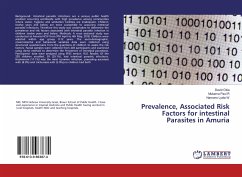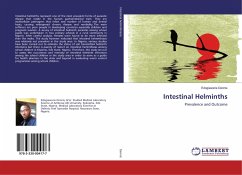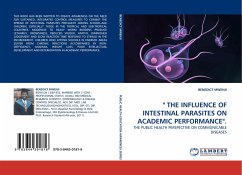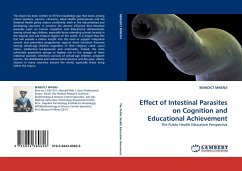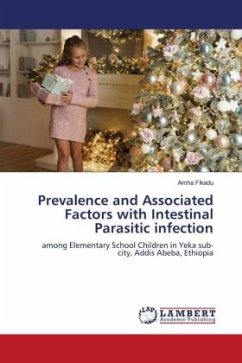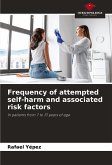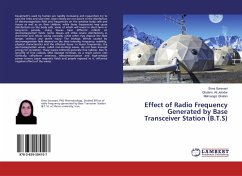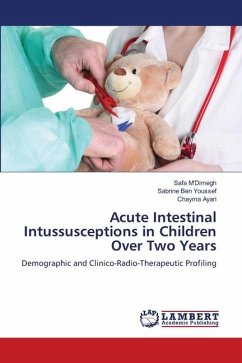Background: Intestinal parasitic infections are a serious public health problem occurring worldwide with high prevalence among communities where water, hygiene and sanitation facilities are inadequate. Children twelve years and below are more susceptible to acquiring intestinal parasitic infections. Therefore this study was undertaken to determine the prevalence and risk factors associated with intestinal parasitic infection in children twelve years and below. Methods: A cross sectional study was conducted at Amuria HCIV from 9TH April to 4th May, 2018. Children were selected within age group 0-12 years. The socio-demographic, environmental and behavioral variables data were collected using structured questionnaire from the guardians of children to assess the risk factors. Faecal samples were collected from 203 participants and examined using direct method to determine the Prevalence of intestinal parasitosis. Participants' data were analyzed using SPSS version 16.0. Results: Of the 203 children enrolled, 59 (29.1%), had intestinal parasitic infections. Hookworm (17.1%) was the most common infection, preceding ascariasis with (8.9%) and trichuriasis with (3.0%),no children had both
Bitte wählen Sie Ihr Anliegen aus.
Rechnungen
Retourenschein anfordern
Bestellstatus
Storno

